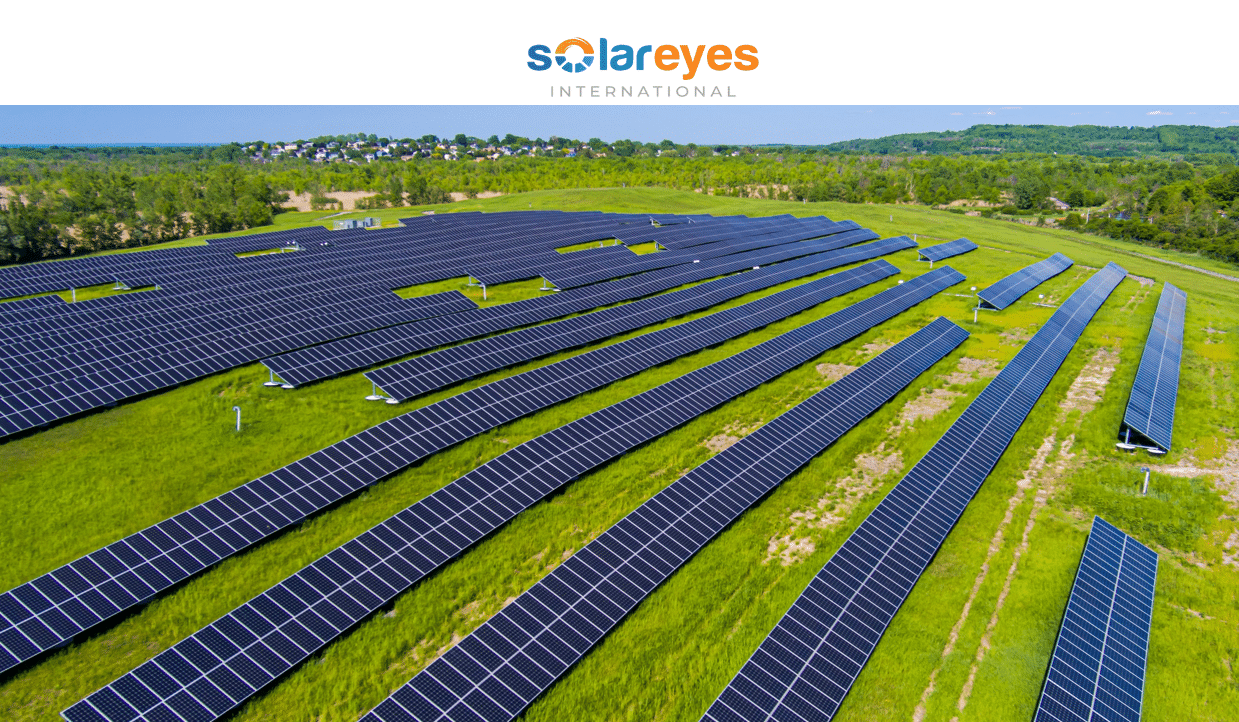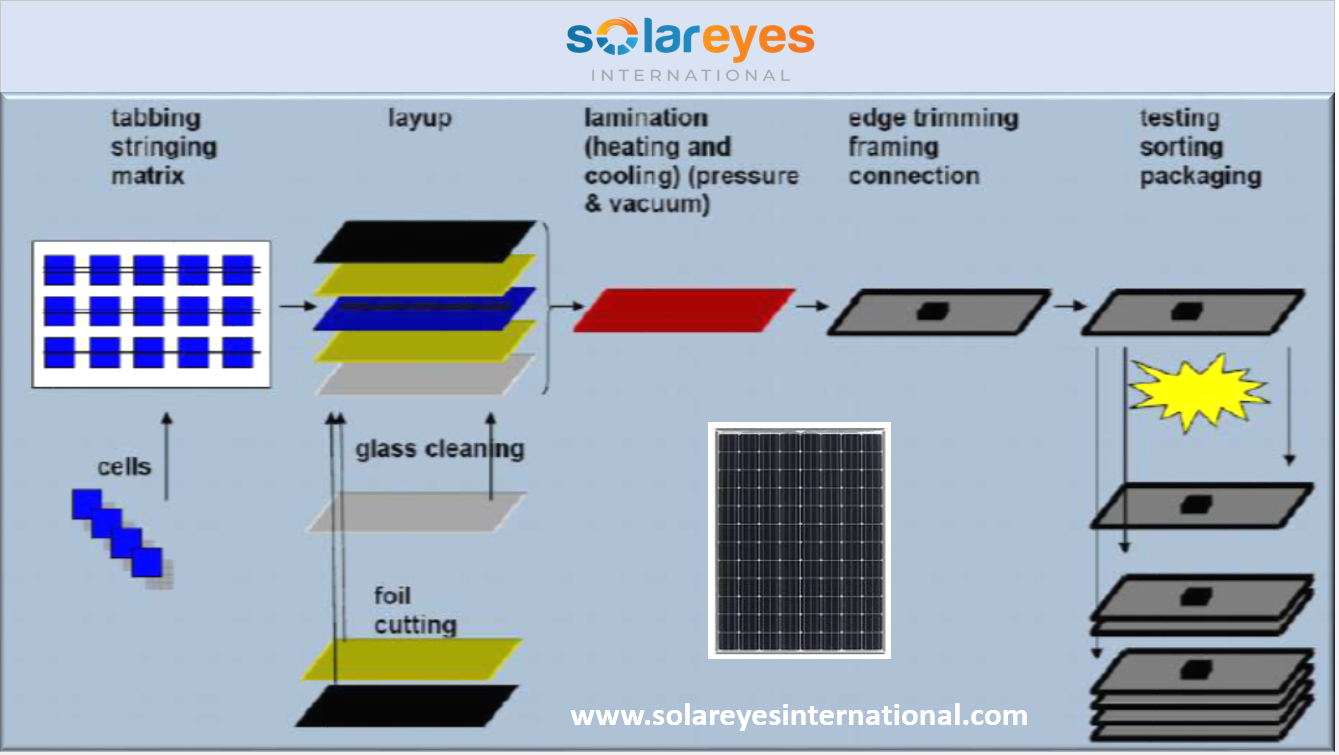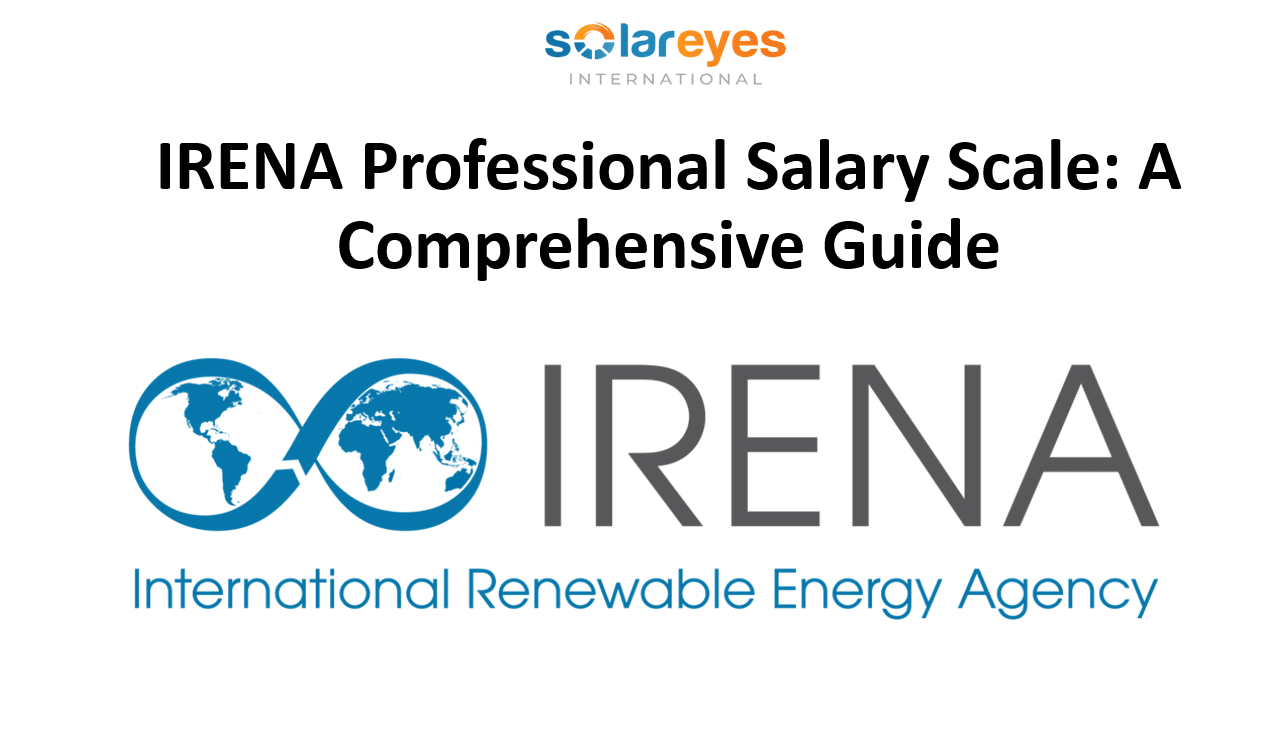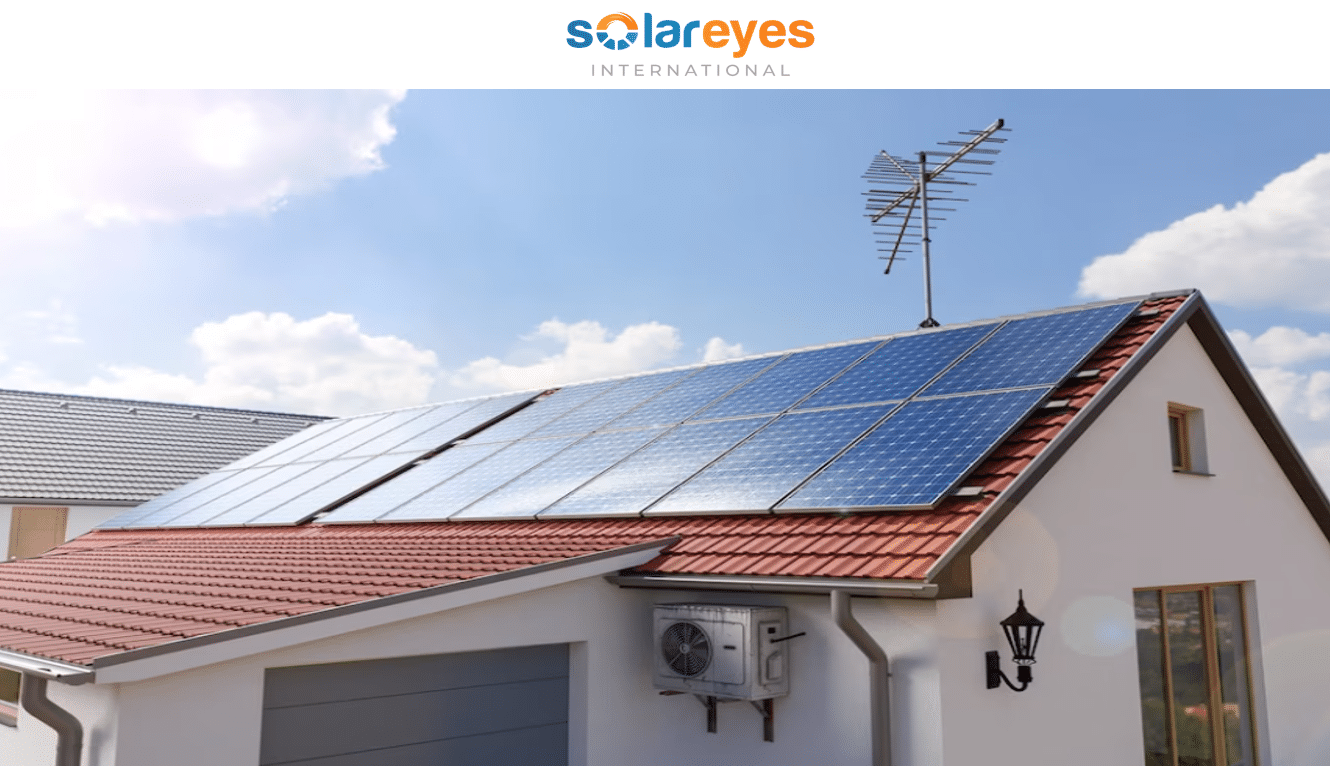25 Potential PhD Viva Questions – to help you prepare for yours
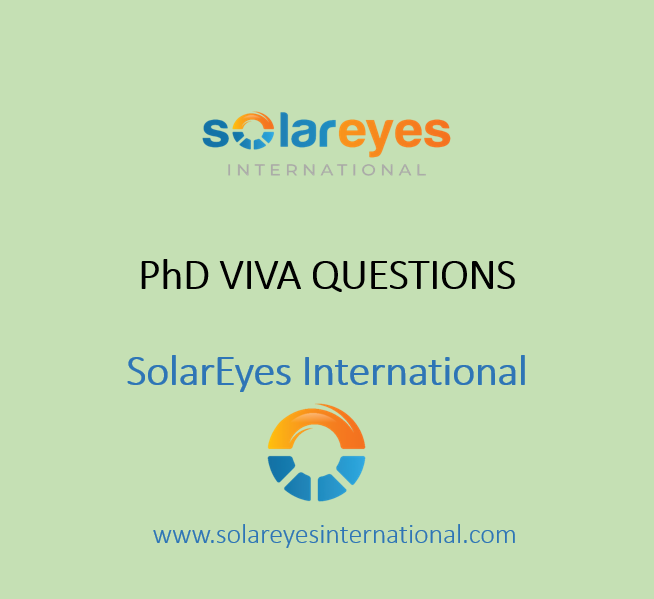
After burning the midnight oil for many months it is now time to submit your PhD thesis. But before you submit have you thought of what you might be asked on your PhD Viva?
*** ALSO CHECK: 10 NGO VACANCIES TO APPLY IN DECEMBER 2022 – hot bargain
What is a PhD viva? A viva voce, which is Latin for “with the living voice,” is an oral examination. You will have the chance to present your PhD thesis and then defend it in front of a panel of academic authorities during this concentrated discussion. Many refer to PhD viva voce as defending you PhD thesis.
How to Master a Job Interview – 15 Steps
Are you planning to present your PhD thesis? Or you still studying your PhD but you know at some point you will go through a PhD viva process. If so, this article is for you. It will give you guidance with some general questions that you ca expect from the panel.
Depending on the PhD focus area, a PhD viva voce session will consists of questions grouped in General Questions, Research Context and Methods, Analysis and Findings and Discussions and Conclusion/Implications as groups.
How to start a new job the right way – 11 Tips
Go through the questions and get prepared for your PhD viva voce. Don’t forget to share this article with that your friend you know might benefit from this.
Let’s Get Started with PhD Viva Questions
Below are the potential questions for a PhD Viva.
- Tell us about yourself? Usual opening question to get you prepared for further questions.
- Can you summarize you thesis? or alternatively as: Can you tell us about your thesis in 2 minutes? or What is the key focus of your research?
- What is the problem that your PhD thesis is solving or has solved?
- What led you to this thesis? or alternatively as: What motivated you to carry out this research? or What was your reason for selecting this research topic?
- How did you come up with your research questions?
- Did the research procedure go according to plan, or did you encounter any unforeseen problems?
- If you look at your whole thesis which part of the process did you enjoy the most and why?
- What is the strength and weakness of your research? What are the strongest or weakest parts of your PhD work?
- What area(s) did you change for your work and why did you change it?
- What are the alternatives to your methodology?
- How did you use quantitative and qualitative research methods in your work?
- What are the limitations of your research?
- What makes your thesis work original?
- What method have you used to evaluate your work?
- What is the idea that binds your thesis together?
- What changes have you seen since you started your doctorate in this field? How have these changes affected the context of your research?
- What effect did you think changing [something in your method] would have?
- Give us 3 research papers that are most related to your thesis
- Why did you test [that specific number] of samples?
- Elaborate on your main findings and how do they relate to literature in your field? or alternatively as: Summarize your key findings. Or alternatively as How confident are you in your findings?
- How would you link your research to future research in this area?
- Which of your results do you find the most interesting and why?
- How can your research help other candidates working in the same field?
- How would you propose future research as a follow-up to this project?
- What have you learned from your PhD work and process?

*** ALSO CHECK: 13 CAREER TIPS TO LIVE WITH
FOLLOW US ON SOCIAL MEDIA
TELEGRAM GROUP
LINKEDIN
FACEBOOK
*** ALSO CHECK: HOW TO LAUNCH A MINIMUM VIABLE PRODUCT (MVP) – 11 explicit steps anyone can follow
LIVING UNDER THE GRID IN ZIMBABWE – little known facts about this catastrophe
How to Master a Job Interview – 15 Steps

